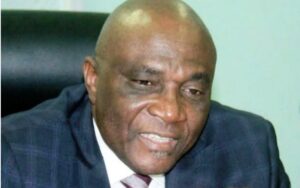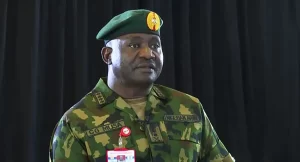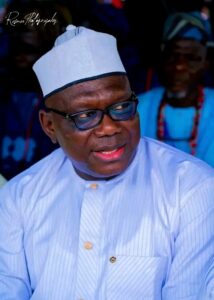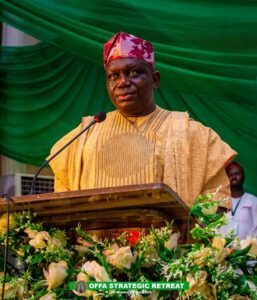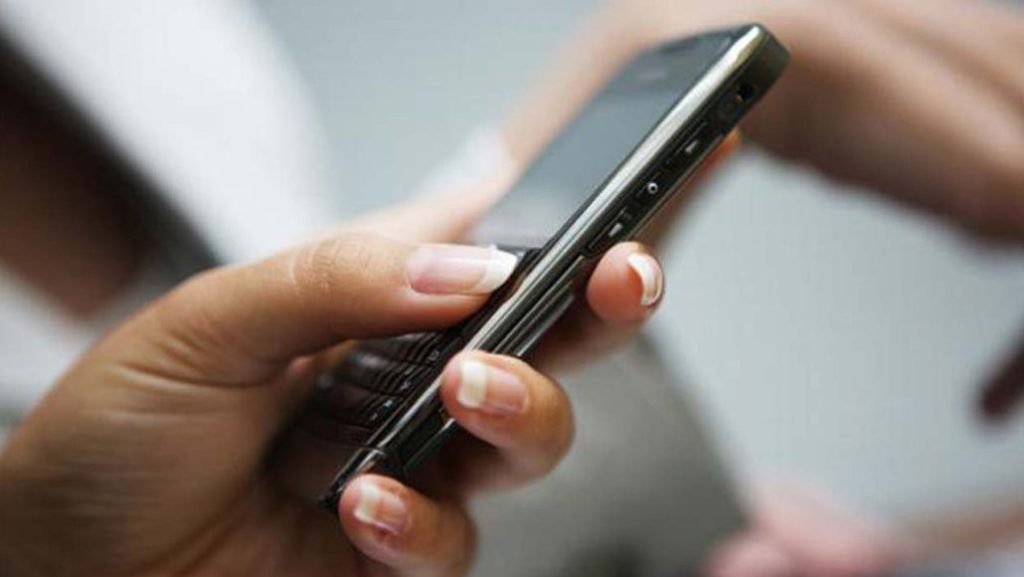
• Inflation at 34.8% justifies hike, coalitions argue
• NCC’s data, economic analysis prompt re-evaluation
• FG makes last-minute efforts to halt strike
• Group backs protest, urges NLC to defend Nigerians
The Nigeria Labour Congress (NLC) is set to begin its nationwide strike today in opposition to the 50% hike in telecom tariffs approved by the Nigerian Communications Commission (NCC). However, several prominent civil society organizations (CSOs) have withdrawn their support, citing economic realities and new insights from the regulator.
NLC President Joe Ajaero condemned the tariff increase, calling it “an attack on citizens’ welfare” and a sign that the government has “abandoned the people in favor of corporate interests.” He argued that communication is essential, yet telecom costs already take up about 10% of an average Nigerian worker’s wages.
Last Thursday, NLC General Secretary Emma Ugboaja instructed affiliate unions and state chapters to mobilize Nigerians for a strong response against the hike. However, in a surprising turn, the National Civil Society Council of Nigeria (NCSCN) announced yesterday that it had suspended its participation in the strike after reviewing NCC’s justification for the tariff adjustment.
Why Some CSOs Withdrew Support
Initially, NCSCN, along with its 620 affiliate organizations, had opposed the hike and planned mass protests at NCC headquarters and the National Assembly. However, following a swift engagement with the NCC, the council reconsidered its stance.
NCSCN Executive Director Blessing Akinlosotu explained that the council had approached the meeting expecting to challenge the NCC’s decision but was persuaded by detailed presentations on the economic realities affecting telecom operators.
A technical committee was then set up to analyze industry data, financial records, and operational costs. Findings from this committee revealed:
Telecom operators had not increased tariffs since 2013, despite rising inflation and economic challenges.
Sharp increases in electricity and diesel prices significantly impacted network operations.
Telecom infrastructure vandalism added further financial strain.
Foreign exchange fluctuations made equipment imports more expensive.
While the NCC approved a 50% tariff increase as an upper limit, competition in the sector is expected to prevent providers from fully implementing the maximum hike. The NCSCN urged the NCC to ensure that telecom operators adhere to service quality improvement conditions tied to the tariff adjustment. It also called on the government to address the energy crisis, which has driven up telecom costs.
Labour Divided Over Strike
The Private Telecommunications and Communications Senior Staff Association of Nigeria (PTECSSAN), which represents telecom industry workers, also rejected the strike. In a letter to NLC leadership, the group argued that the increase, while painful, was necessary to prevent the collapse of the sector. It criticized NLC for failing to consult telecom workers before making its decision.
PTECSSAN General Secretary Comrade Okonu Abdullahi highlighted key cost drivers, including:
Diesel prices rising from ₦842.25 in May 2023 to ₦1,441.28 in January 2025.
Petrol costs for field engineers surging from ₦198 to over ₦1,030 in the same period.
Similarly, the Coalition of Human Rights Monitoring Groups (CHRMG) criticized the NLC’s protest, arguing that the tariff hike is a necessary adjustment to sustain the telecom sector. CHRMG leader Gabriel Agabi pointed out that inflation has surged to 34.8%—up from 8.5% in 2013, making the increase unavoidable.
Agabi also noted that Nigeria’s telecom tariffs remain lower than in other African countries:
1GB of data costs ₦500 in Nigeria, compared to ₦1,200 in South Africa and ₦1,500 in Ghana.
According to him, the hike will help telecom companies invest in infrastructure and improve service quality, aligning with the federal government’s digital economy agenda.
Calls for a More Strategic Labour Response
However, the Democratic Socialist Movement (DSM) took a different stance, supporting the strike but criticizing the NLC’s broader approach. DSM Organizing Secretary Peluola Adewale argued that the hike was part of a broader pattern of anti-poor policies and accused telecom firms of long-standing exploitation.
“The big telecom firms have been milking Nigerians for years while enjoying tax holidays and government waivers,” Adewale said. “Despite poor service delivery, they now justify this hike with economic hardship.”
He also accused NLC leaders of inconsistencies, pointing out that their protests against economic policies in the past year had lacked strong follow-through.
Bauchi NLC Vows Full Participation Amid FG’s Last-Ditch Efforts
Despite the divisions, the NLC’s Bauchi State chapter confirmed its readiness to proceed with the strike. State Chairman Comrade Dauda Shuaibu announced that all affiliate unions would join the protest and shut down NCC offices in the state.
Meanwhile, the Federal Government made last-minute efforts yesterday to prevent the strike. A high-level meeting between NLC leadership and government officials, including the Secretary to the Government of the Federation (SGF), was scheduled for 5:00 p.m. to discuss possible resolutions.
As tensions mount, all eyes are on today’s strike and whether last-minute negotiations will lead to a compromise.


